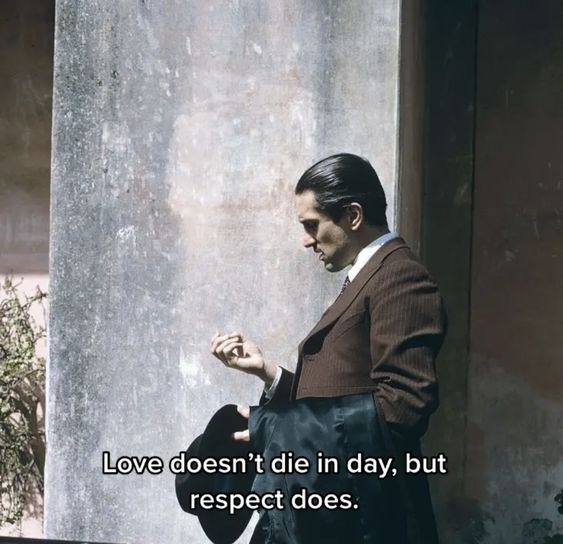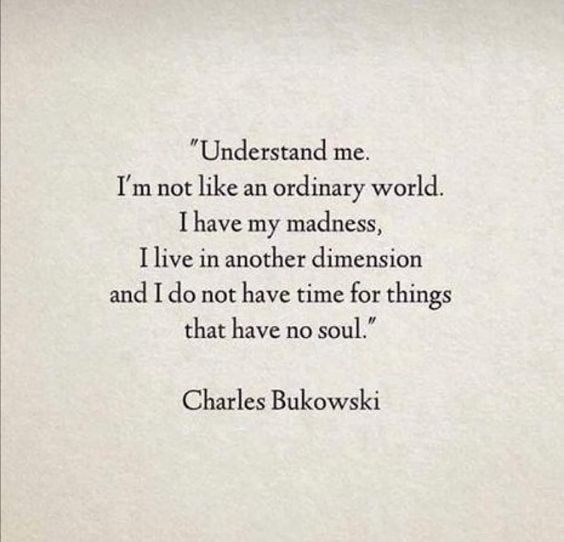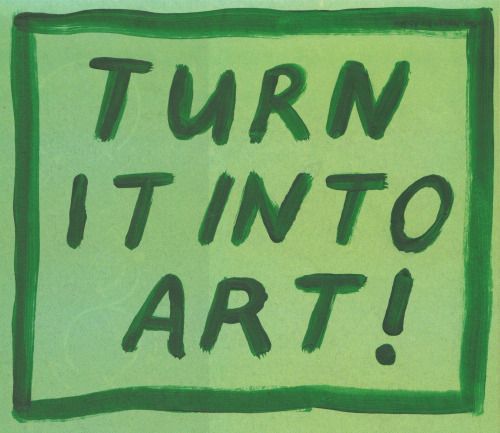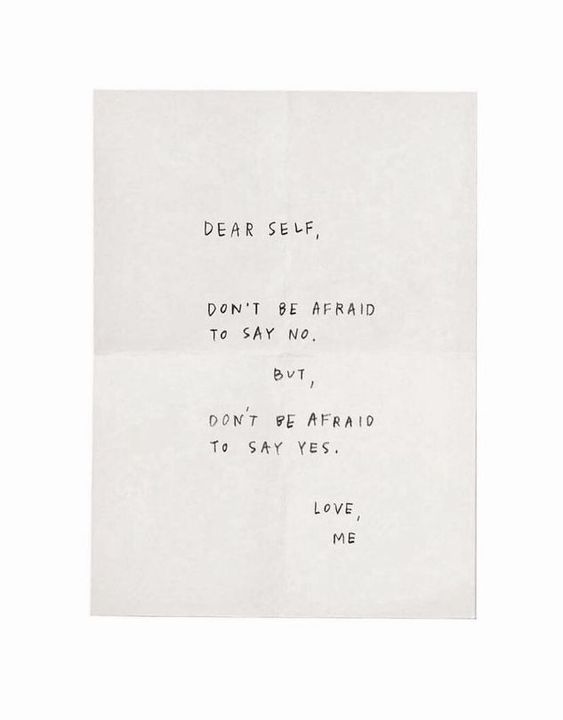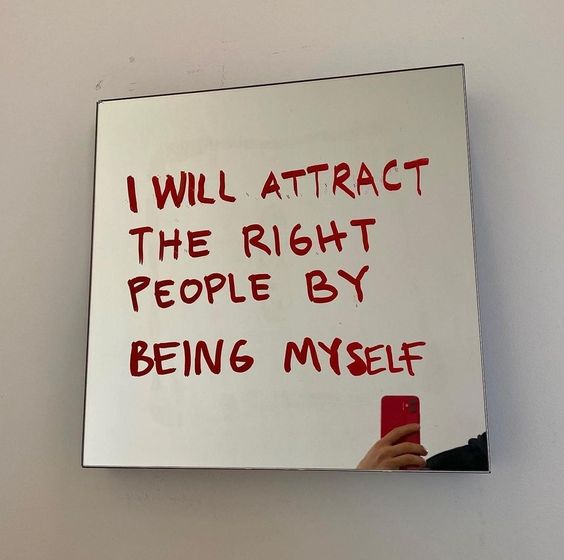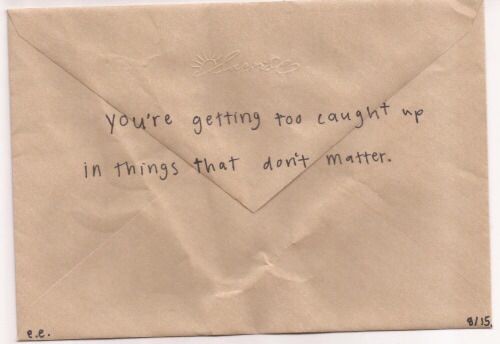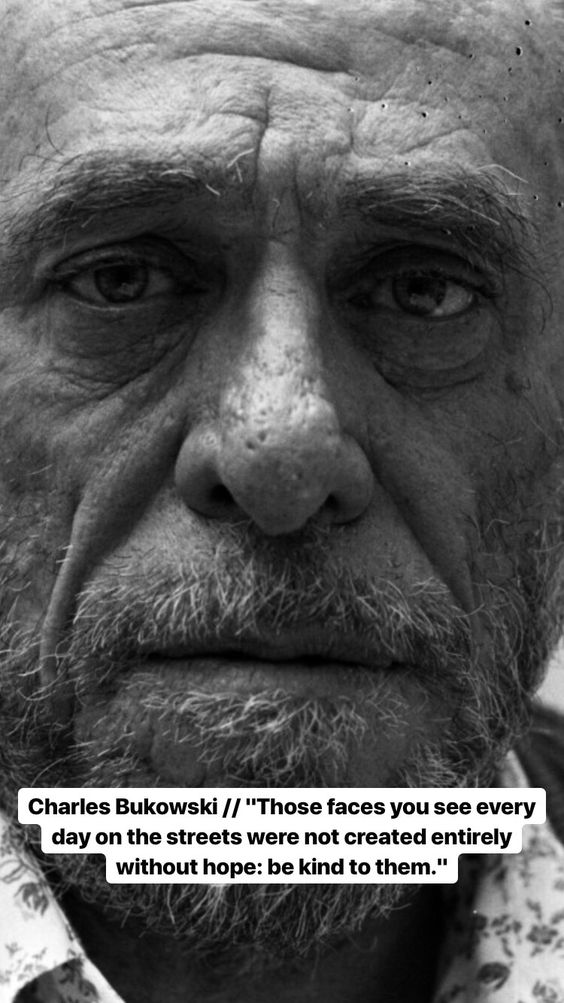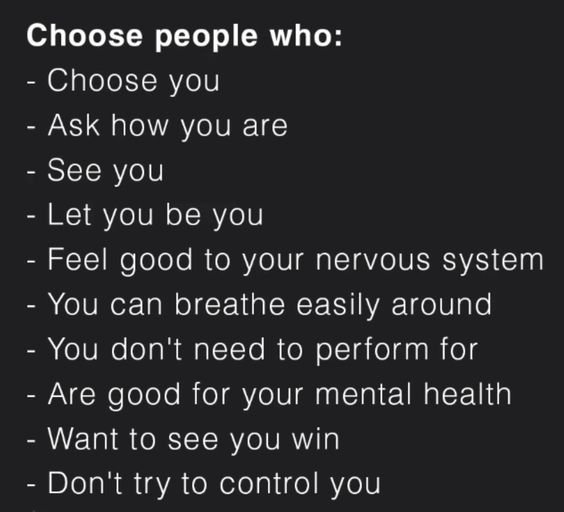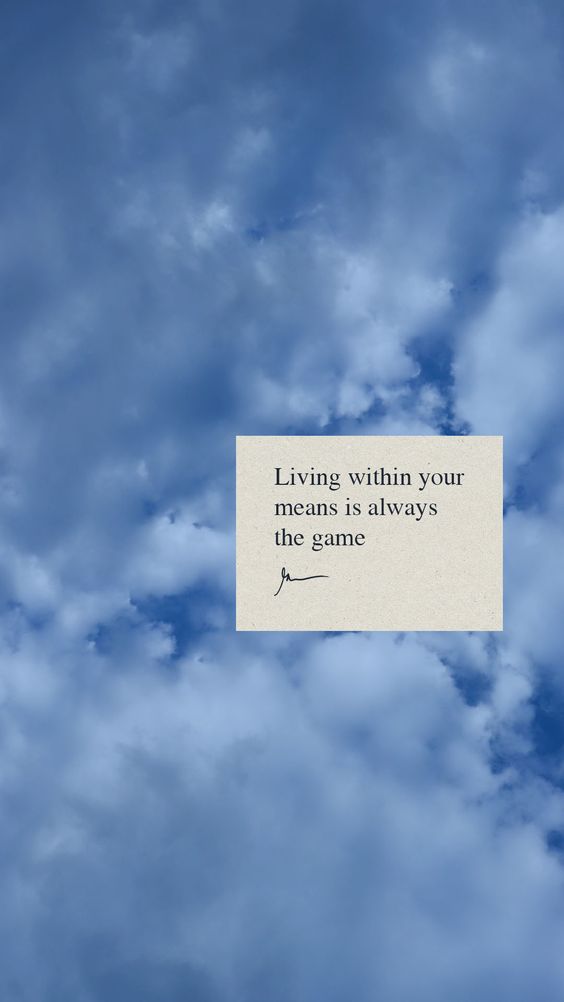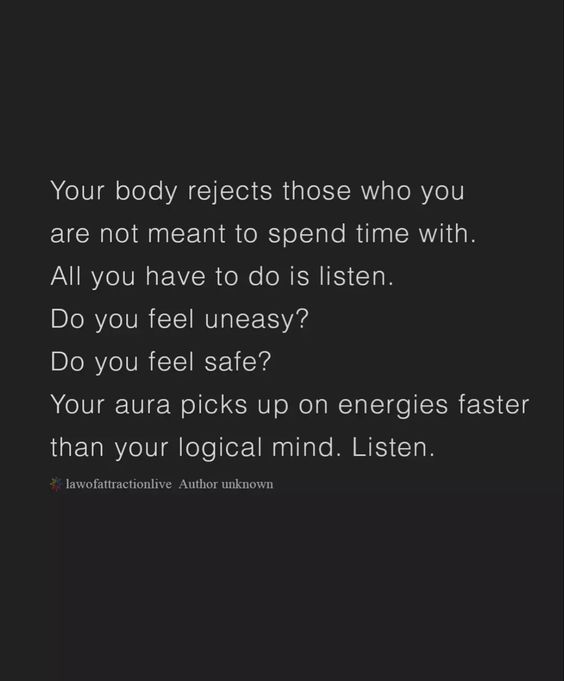“What people look for in marriage, at least in part, is the other half of themselves. Each of us is in some measure incomplete, with some aspects of our humanity over-developed and others neglected. What we do not claim for ourselves, we look for in the other (for example, aggressiveness, tenderness, spontaneity, stability, and so on). This is most extreme in the marriages of neurotics whose own self-image is so skewed that they seek out mates who are caricatures of the other end of the personality spectrum (such as the timid, self-inhibiting woman who searches for a glamorous, super adventuresome epic-hero of a man, while he in turn seeks a woman too scared to let him get into trouble).”
Sheldon B. Kopp, If You Meet Buddha On The Road, Kill Him! (Page 70)
“At present, I see monogamous, lifelong marriage as our most viable solution to loneliness, as the best setting so far available in which to raise children, and as the most practical contract for mutual support and freedom in a world so difficult for any one person to manage within.”
Sheldon B. Kopp, If You Meet Buddha On The Road, Kill Him! (Page 68)
“Patients learn in the course of telling their tales that they can discover themselves by becoming curious about the other struggling human beings with whom they live in the world. The only times that we can have what we long for are those moments when we stop grasping for it. At such times, all things are possible: ‘to a mind that is ‘still’ the whole universe surrenders.'”
Sheldon B. Kopp, If You Meet Buddha On The Road, Kill Him! (Page 65)
“Siddhartha ‘no longer merely knows about, he understands the evils of the worldly life’ and so he is free of them.”
Sheldon B. Kopp, If You Meet Buddha On The Road, Kill Him! (Page 60)
“It’s my observation that people say they would like to be happy but they really don’t want to be. They are afraid that they will be lost. Happiness and egos can’t go together. The happier you are, the less you are. There comes a moment when only happiness is, and you are not.”
Osho, Everyday Osho (Page 138)
“Psychotherapy patients also soon learn to be moved by their nocturnal visions as they discover that we are often wiser when we dream than when we are awake. Because the dreaming experience is unhampered by whorish Reason, and the dreamer is not distracted by the conventional wisdom of other people’s perspectives and expectations, we sometimes see most clearly when our eyes are closed.”
Sheldon B. Kopp, If You Meet Buddha On The Road, Kill Him! (Page 58)
“The most important things that each man must learn, no one else can teach him. Once he accepts this disappointment, he will be able to stop depending on the therapist, the guru who turns out to be just another struggling human being. Illusions die hard, and it is painful to yield to the insight that a grown-up can be no man’s disciple. This discovery does not mark the end of the search, but a new beginning.”
Sheldon B. Kopp, If You Meet Buddha On The Road, Kill Him! (Page 56)
